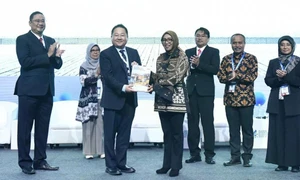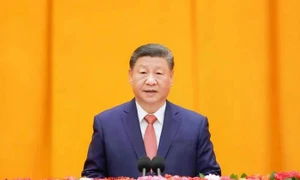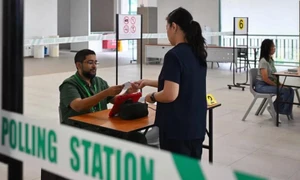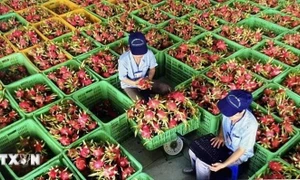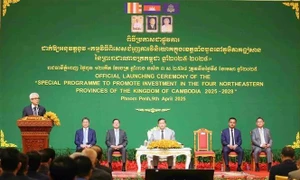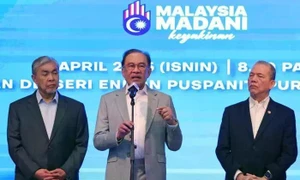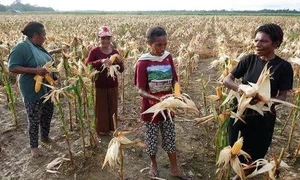Microsoft’s ASEAN regional director of legal and government affairs Dr Jasmine Begum said as ASEAN has grown up and evolved, Malaysia has emerged as an influential player, not just within the regional framework but also on the global economic stage.
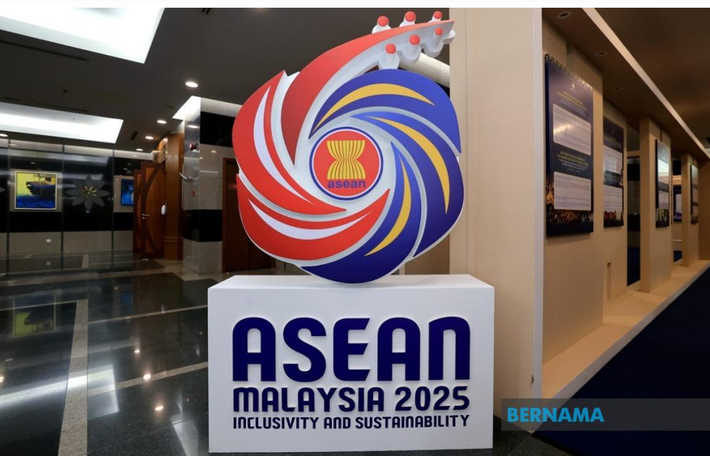
She emphasised that an opportunity is beyond just movement of goods and trade, it is the movement of people, and small business.
Startup companies from across the region, whether it is Grab Malaysia, Gojek (Indonesian e-hailing company), have gone transnational, ASEAN and global.
Meanwhile, Dr Oh Ei Sun – a senior fellow at the Singapore Institute of International Affairs - said intra-ASEAN trade currently accounts for only 25% of the total trade between ASEAN countries and the world’s major economic powers.
“If we could raise that to half, doubling the intra-ASEAN trade, it would be a notable achievement for Malaysia, he said as cited by Malaysian national news agency Bernama.
He said Malaysia can welcome investments from fellow ASEAN countries, which can, in turn, invest more in other ASEAN nations. On that basis, ASEAN countries can do more by advancing towards economic collaborations with ASEAN economic communities.
That will make ASEAN the most economically dynamic and fastest growing region in the world, he said.
He also emphasised that Malaysia should adopt a more people-centric approach as ASEAN chair next year, highlighting how ASEAN cooperation and other initiatives can directly benefit the lives of everyday people.
Experts also said that Malaysia can promote the mobility of the digital economy. Accordingly, the digital economy is creating opportunities for people to access economic centres. They appreciated the implementation of the ASEAN Digital Economy Framework Agreement (DEFA) which aims to boost the regional digital economy to hit 1 trillion USD by 2030./.


